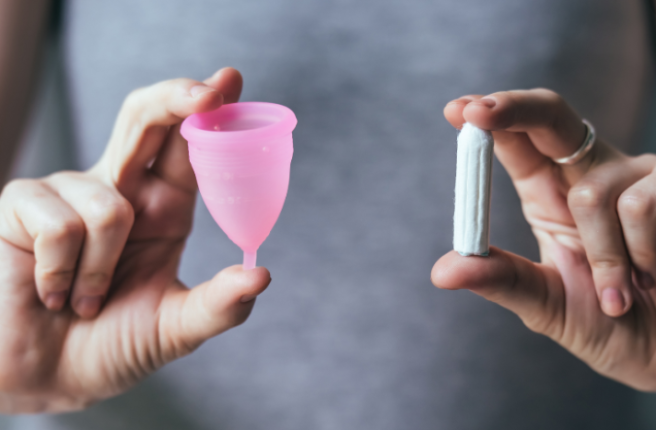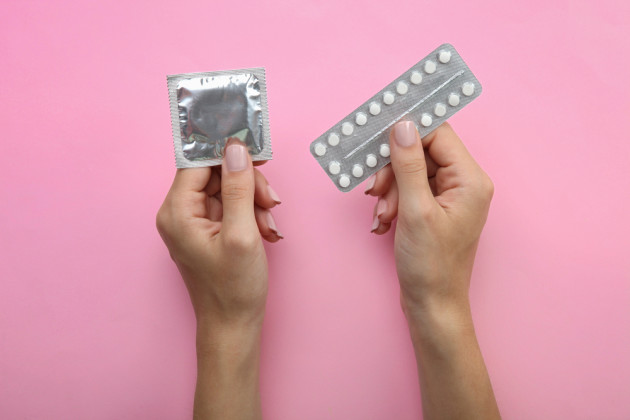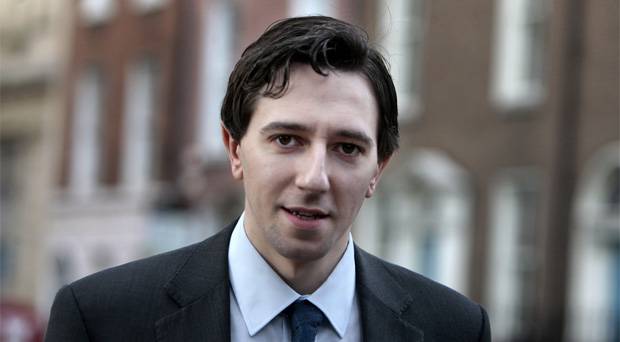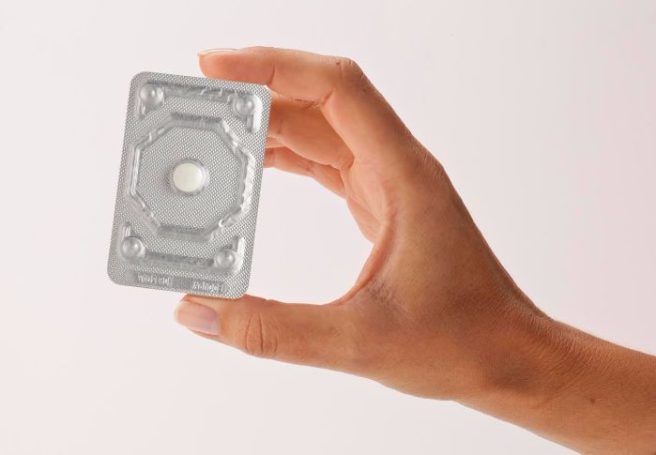
Simon Harris aiming to remove VAT on condoms and menstrual cups
Minister for Health Simon Harris is aiming to remove VAT from condoms and menstrual cups, and we want to squeeze him with hugs for life.
Harris called for a review of Ireland's tax approach on menstrual products and the barrier contraceptive ahead of last year's Budget, but no changes were carried out.
His position appears to be the same this year, and he'll be asking for VAT on these goods to be scrapped in October's Budget.
The reduced rate of VAT of 13.5 percent applies to condoms at the moment, but the minister hopes to remove it entirely according to The Journal.
The Irish Pharmacy Union has also called for condoms to be VAT-free, with a pack of 12 condoms currently pricing at between €13 and €20.
Contraceptive gels for use with the barrier method also have a 13.5 percent rate applied. The oral contraceptive pill, the implant and injection currently have 0% VAT.
Harris wrote to Finance Minister Paschal Donohue about the work to reduce crisis pregnancies, saying that the VAT rates;
“Runs contrary to our work for people to practice safer sex and avoid crisis pregnancies and STIs”.
The letter was released under the Freedom of Information Act, and states that the aim of the Sexual Health Strategy is to “improve sexual health and well being and to reduce negative sexual health outcomes”.
Harris writes in the letter that the cost of condoms could stop people buying them.
The importance of using condoms is also to protect against STIs, including HIV, as well as contraception.
While he pointed out that consumer expenditure is widely subject to VAT, Harris claimed that “there is a strong case for excluding non-oral contraception from this tax”.
"Such a tax may inevitably discourage people from purchasing non-oral contraception due to cost concerns. This runs contrary to our work for people to practise safer sex and avoid crisis pregnancies and STIs. Both of these outcomes have a negative impact on the people concerned and their immediate family."
The health service loses out in the long run if STI rates are high, due to the cost "involved in treating people who contract HIV".
Harris has also called for the VAT rate on sanitary products to be reduced to 0% also, such as the VAT rate of 23 percent on menstrual cups.
“The issue that now needs attention is the position with newer products. Newer products (e.g. menstrual cups) that were not available at the time of these agreements are subject to the standard rate of VAT 23 percent.
“There is a cogent argument for removing VAT on these and any newer sanitary products and aligning them with the zero-percent VAT rate applicable to tampons and sanitary towels,” he said.
The minister currently is attempting to overhaul the cost and availability of contraception in Ireland.
The government announced that it hopes to increase free contraception nationwide, and Harris plans to reduce the cost of the morning after pill.
Last Monday, Harris announced that condoms would be distributed across third level colleges this year.
A public consultation is currently underway on how to increase access to contraception in the hopes to reduce abortion rates, STIs spreading and crisis pregnancies.

















